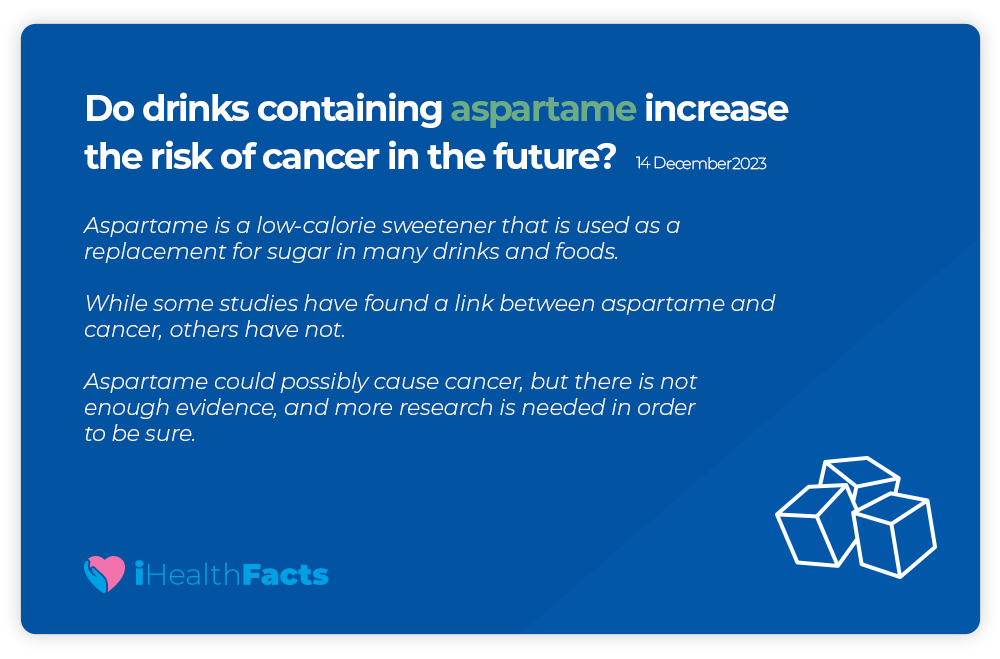- Lead Researcher: Dr Thérèse McDonnell, Research Fellow, UCD IRIS Centre, School of Nursing, Midwifery & Health Systems, University College Dublin
- Reviewed by: Dr. Paula Byrne, Senior post-doctoral researcher, iHealthFacts, Evidence Synthesis Ireland and Cochrane Ireland, College of Medicine, Nursing and Health Sciences, University of Galway.
- Topic advisor: Prof Emma Wallace, Professor of General Practice, Dept of General Practice, University College Cork & General Practitioner, Parklands Surgery, Commons Road, Cork.
- Public and Patient advisor: Deirdre Mac Loughlin , Public and Patient Involvement in research (PPI) advisor, PPI Ignite, University of Galway.
- Journalist Advisor: Dr. Claire O’Connell, PhD in cell biology, Masters in Science Communication. Contributor to The Irish Times, writing about health, science and innovation.
Conflict of Interest Statement: The authors have no financial or other conflicts of interest for this health claim summary.
